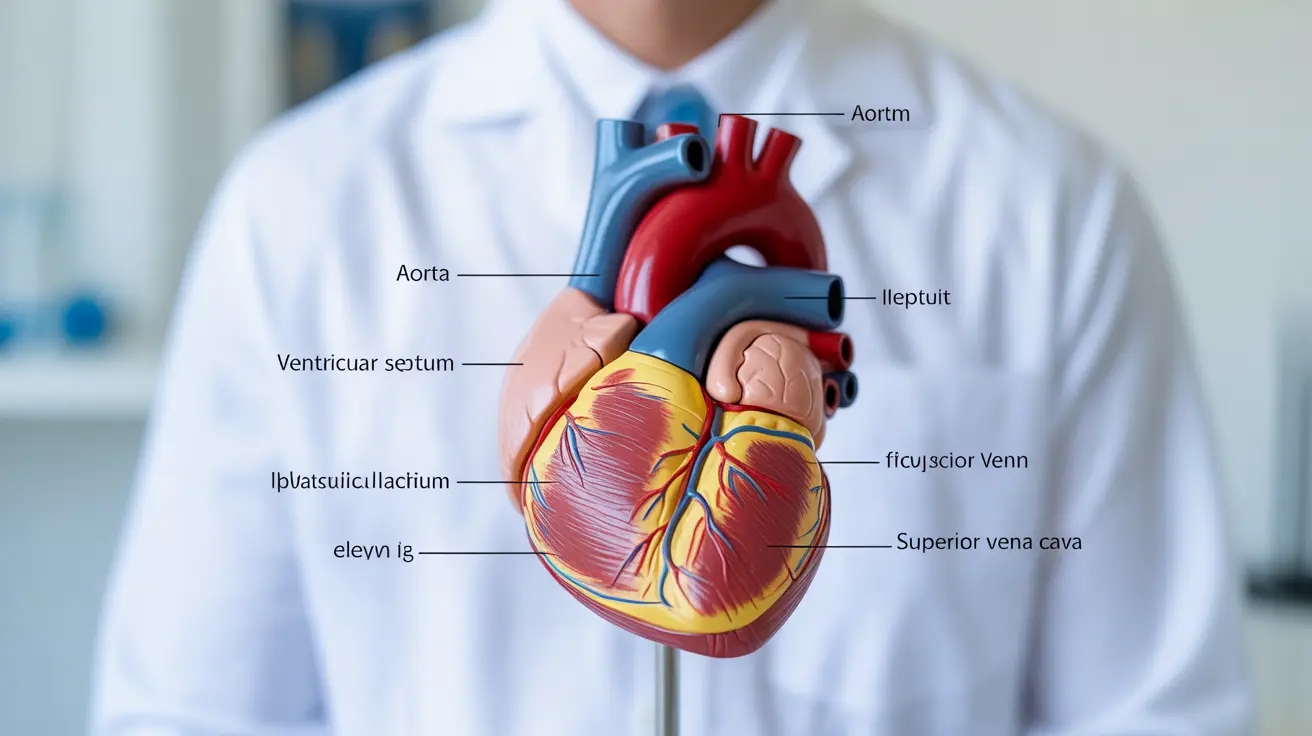When calcium levels in your blood become elevated, a condition known as hypercalcemia, it can trigger various symptoms including dizziness. Understanding the relationship between high calcium levels and dizziness is crucial, as this condition can significantly impact your heart rhythm and overall health.
This comprehensive guide explores how elevated calcium levels affect your body, particularly focusing on dizziness and related symptoms, while providing valuable information about causes, risks, and treatment options.
How High Calcium Affects Your Body
Calcium plays a vital role in numerous bodily functions, including heart rhythm regulation, muscle contractions, and nerve signaling. When calcium levels rise above normal ranges, these systems can become disrupted, leading to various symptoms and complications.
Impact on Heart Function
Elevated calcium levels can significantly affect your heart's electrical system, potentially causing irregular heartbeats (arrhythmias). This disruption in heart rhythm can contribute to feelings of dizziness and lightheadedness, as your heart may not effectively pump blood throughout your body.
Common Symptoms of High Blood Calcium
While dizziness is a notable symptom, hypercalcemia can manifest in various ways throughout your body. Common symptoms include:
- Fatigue and weakness
- Nausea and vomiting
- Frequent urination
- Bone pain
- Confusion or mental changes
- Kidney stones
- Loss of appetite
- Constipation
Understanding the Causes of High Calcium
Several factors can lead to elevated calcium levels in your blood, including:
Primary Causes
- Hyperparathyroidism
- Certain types of cancer
- Some medications
- Excessive vitamin D supplementation
- Dehydration
Risk Factors
Some individuals may be at higher risk for developing hypercalcemia, including:
- People with a family history of endocrine disorders
- Those taking certain medications like lithium or thiazide diuretics
- Individuals with limited mobility
- People with certain types of cancer
- Those with chronic kidney disease
The Connection Between Dizziness and Calcium-Related Arrhythmias
When calcium levels are too high, they can interfere with your heart's normal electrical conduction system. This interference may result in:
- Irregular heartbeats
- Changes in blood pressure
- Reduced blood flow to the brain
- Resulting dizziness and lightheadedness
Treatment Options and Management
Managing high calcium levels and associated symptoms typically involves a multi-faceted approach:
Immediate Interventions
- Increased fluid intake
- Medication adjustments
- Calcitonin or bisphosphonate treatments
- Hospitalization in severe cases
Long-term Management
- Regular monitoring of calcium levels
- Treating underlying conditions
- Dietary modifications
- Lifestyle changes
Frequently Asked Questions
Can high calcium levels cause dizziness and how does it affect the heart?
Yes, high calcium levels can cause dizziness by disrupting normal heart rhythm and affecting blood pressure. Elevated calcium can interfere with the heart's electrical system, leading to arrhythmias that may cause dizziness and lightheadedness.
What are the common symptoms of hypercalcemia besides dizziness?
Common symptoms include fatigue, weakness, nausea, vomiting, frequent urination, bone pain, confusion, kidney stones, loss of appetite, and constipation. These symptoms can vary in severity depending on calcium levels and individual factors.
What causes high calcium in the blood and who is at risk?
High calcium can be caused by hyperparathyroidism, certain cancers, medications, and excessive vitamin D intake. People with family history of endocrine disorders, those taking specific medications, individuals with limited mobility, and people with certain cancers or kidney disease are at higher risk.
How is dizziness related to arrhythmias caused by elevated calcium?
Elevated calcium can disrupt the heart's electrical system, causing irregular heartbeats. These arrhythmias can affect blood flow to the brain, resulting in dizziness and lightheadedness.
What treatments are available to manage hypercalcemia and its symptoms like dizziness?
Treatment options include increased fluid intake, medications to lower calcium levels, treatment of underlying conditions, and lifestyle modifications. Severe cases may require hospitalization and more intensive interventions like calcitonin or bisphosphonate treatments.




